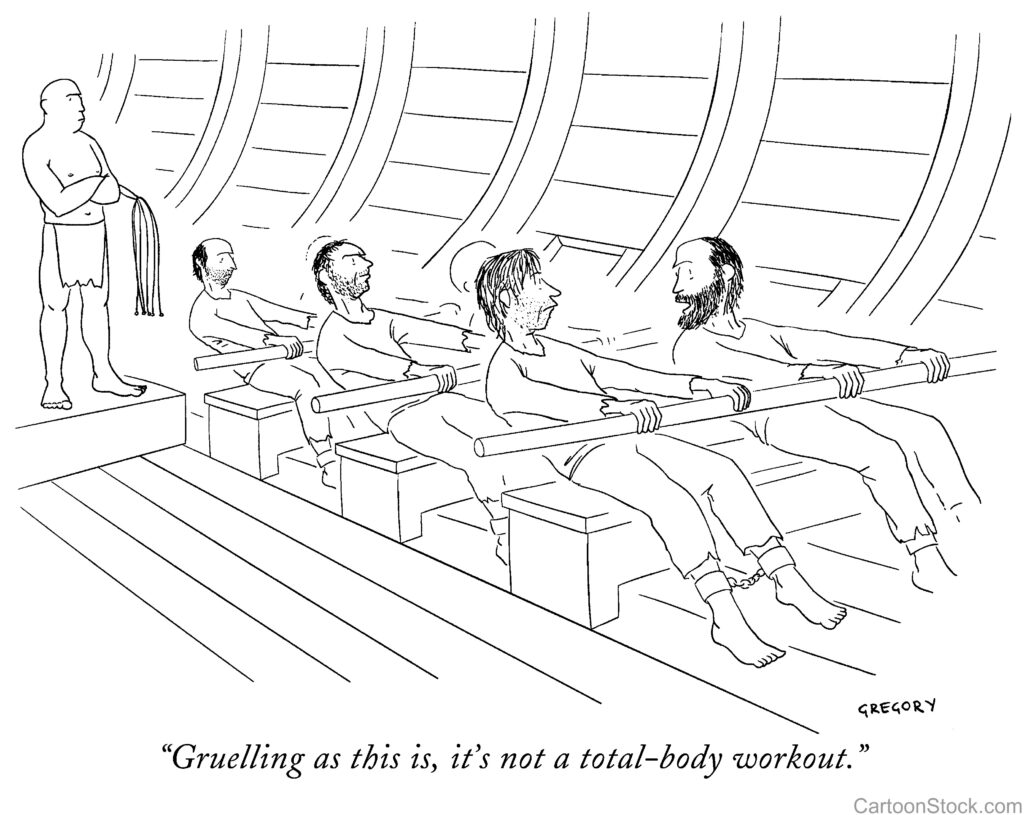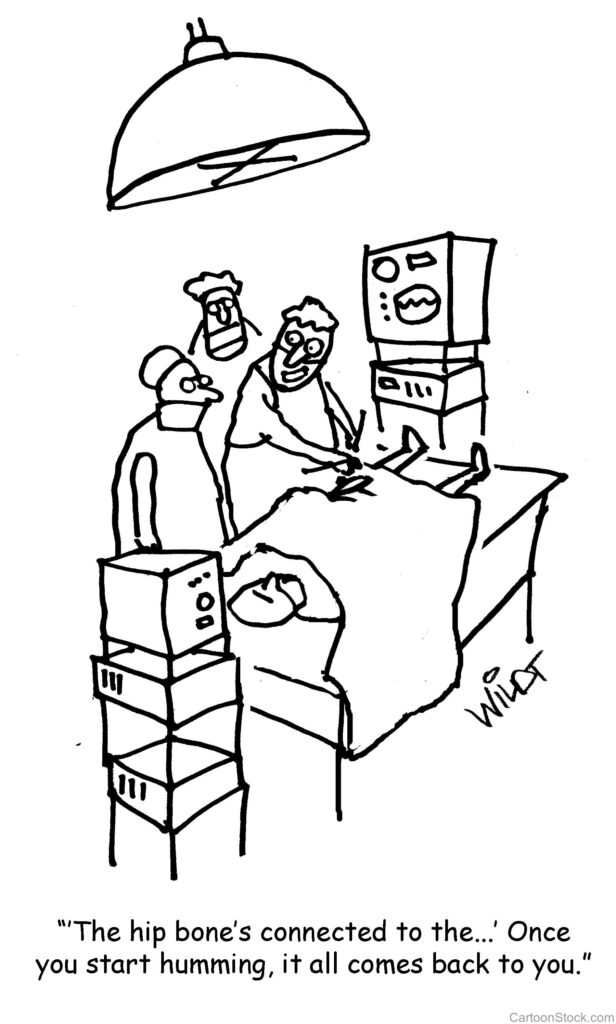
Every two years (why don’t I do this every year?) I perform a detailed audit of my personal finances. I realign investments, adjust our annual budget, and update future plans.
An important part of the audit is analyzing all reoccurring bills and services by asking these questions:
-
-
- Am I paying for something I no longer need or value?
- Has the price for this product or service gone down?
- Can I negotiate a better price from the current vendor or should I get new bids?
- Am I paying for a service I could provide myself?
-
In January 2020, my financial audit prompted these changes:
-
-
- A service representative from AT&T helped me tweak my mobile phone plan, saving $29 per month.
- I renegotiated my internet service plan, saving $49 per month.
- I canceled my subscription to the local newspaper because I can find most of the information online, saving $35 per month.
- I changed storage facilities and reduced the rent I’ve been paying from $119 per month to $35—saving $84 per month.
- I asked Chase Bank to eliminate the monthly service charge on two of my six checking accounts. They did, saving me $20 per month.
- I purchased a new battery-powered hedge trimmer and started trimming my bushes instead of paying to have it done, which will save me about $800 annually.
-
Savings: $3,404 per year.
The same technique should be used in organizations. At my church, we recently renegotiated the contract on our copy machines, saving 40%. We canceled two of the four shuttle buses we lease on Sunday mornings, saving $800 per week. Installing LED lights in the sanctuary has a 24-month ROI after which time we’ll save $1,000 per Sunday on electricity. We discovered that we can get twice the internet bandwidth for less cost.
Senator Everett Dirksen (1896-1964), concerned that federal spending had a way of getting out of control, reportedly observed, “A billion here, a billion there, and pretty soon you’re talking real money.”
For the average American, I’ll tweak Dirksen’s statement and say, “A hundred dollars here, a hundred there, and pretty soon it adds up to a significant amount of money.” Why not save money if you can do so without significantly changing your standard of living?
Audit your finances at least every two years.



